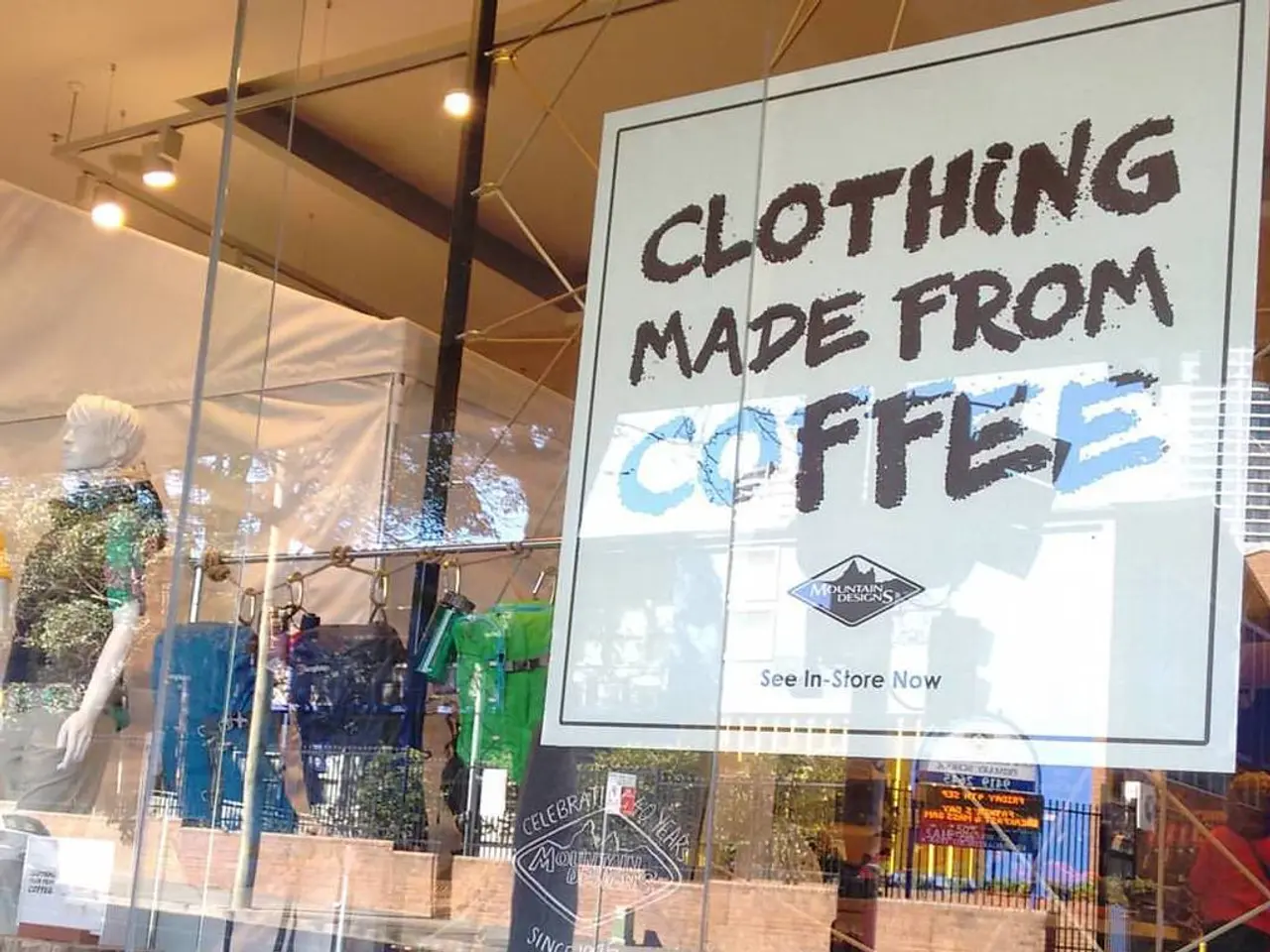Interview Questions for Roei Ganzarski, Leader of Alitheon Corporation
In the ever-evolving world of business, one company is making waves with its innovative solution to a global problem costing an estimated $2.3 trillion annually. Alitheon, a tech startup established in late 2016, has developed a deep tech machine vision solution designed to authenticate, identify, and trace physical items without the need for additives or contact.
The technology, which uses advanced optical AI, creates a unique identifier for each item, similar to an "item fingerprint." Alitheon's CEO, Ganzarski, explains that the primary focus of the technology is on identifying individual items, much like a human fingerprint, for irrefutable identification in the supply chain.
One of the key challenges Alitheon's technology had to overcome was identifying individual items without false positives, without adding, marking, or touching the item, and without relying on machine learning. The solution provides a contactless, secure method of uniquely identifying physical objects based on their surface microstructure.
This technology has potential applications across multiple industries, including supply chains, production lines, secondary marketplaces, retail, pharma, automotive, and aerospace manufacturing. Key potential uses include:
- Art and Collectibles: Creating tamper-proof, touchless fingerprints for works of art to verify authenticity and provenance.
- Manufacturing: Authenticating components and finished goods by scanning their unique surface features, helping combat counterfeiting and ensure supply chain integrity.
- Packaging and Labeling: Enhanced product traceability and anti-counterfeit measures; Alitheon’s optical fingerprinting could complement or replace traditional barcodes and QR codes in this space for more secure identification.
- High-value goods and luxury products: Facilitating verification without damaging the product or requiring embedded chips or labels, allowing easier tracing through the supply chain.
- Artwork and cultural assets: Supporting museums and galleries in protecting against forgery by mapping the microscopic surface details of artworks.
In addition, Alitheon's technology can be used in production lines to track and trace items as they go through multi-step production or assembly lines. It can also be utilised in secondary marketplaces to ensure the authenticity of used or collectible items.
Ganzarski highlights that the technology addresses three types of counterfeit issues: intentional counterfeits, midnight runs, and mistaken identity. Intentional counterfeits involve a "bad actor" trying to mimic a product for illegal sale, while midnight runs refer to unauthorized production and sale of authentic products by a "bad actor" in or related to a supplier. Mistaken identity refers to the use of an authentic part that cannot be identified, leading to the wrong part being used.
With its unique and innovative approach, Alitheon's optical scanning technology offers a promising solution to combat counterfeit products and enhance supply chain integrity across various industries.
- Alitheon's innovative technology, employing advanced optical AI, creates unique identifiers for items, prohibiting falsified identities and ensuring irrefutable identification in the supply chain, thereby combating counterfeiting and maintaining supply chain integrity.
- The technology developed by Alitheon, which doesn't require additives, markings, or contact, uses artificial-intelligence to identify individual items based on surface microstructure, offering a touchless, secure method for uniquely identifying physical objects across various industries.
- In addition to detecting intentional counterfeits, midnight runs, and mistaken identity, Alitheon's technology has potential applications in industries such as art and collectibles, manufacturing, packaging and labeling, luxury products, artwork and cultural assets, and production lines, enhancing product traceability and supply chain integrity.




